Next up in the series of The Global Differences of Baby-Making I talk to Carrieanne who is American and had her daughter in France. Here is her story:
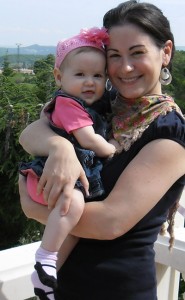 Tell me a bit about yourself? Where are you from? How old is your daughter and where did you have her?
Tell me a bit about yourself? Where are you from? How old is your daughter and where did you have her?
I am a 29-year-old American writer. I was born in Connecticut, but raised on the sunny beaches of Florida. I spent my days as the head of a multimillion-dollar corporation and nights dreaming of living overseas. I met my future husband while on vacation in France. He moved to the USA and followed me to Montreal. Eventually, I gave up life in the fast lane and followed him back to France. Our little French American girl was born in Bayeux, France last year.
Why did you have your daughter abroad?
We decided to start our family in France because we both preferred life here. I entertained the idea of going back to the USA, but there were many obstacles.
If we moved to the USA, it takes months to recieve a spouse Visa. My husband would have to wait in France while I prepare the application in the USA. I did not want to be separated from him for that long.
Also, we are self-employed so health insurance would be expensive. I do not think insurers cover pregnancies if the applicant is already pregnant. In France, our mutual (private health insurance) costs 70 euros per month and we are 100% covered. Last year I broke a finger and was pregnant – we paid nothing out-of-pocket. Healthcare in the USA is so expensive that it would not make financial sense for us to have a baby there.
What do you feel were the benefits to having children abroad?
I like that everyone in France gets standard care. It does not matter which doctor you see, you know when you will have your ultrasounds, which blood tests will be done, and when your next appointment will be. In the USA, each doctor handles pregnancies very differently. Even though care for pregnancies is standard in France, doctors are not limited. If they think additional tests or ultrasounds are needed, they can prescribe them.
Besides free healthcare, another incredible benefit was qualifying for maternity leave. I am self-employed, yet I received about 6,500 euros for taking time off work. We also received about 900 euros from social security when I was 7 months pregnant, and 150 euros from our mutual as a gift. Now, we receive money for her each month and will recieve 9 hours of in-home daycare for free each month. I could not imagine getting all this in the USA.
As an expectant mother abroad how did you feel?
I was scared and anxious at the beginning of my pregnancy. I had no idea what to expect. I could not find the information I needed online and did not have the vocabulary to communicate efficiently with doctors. I was frustrated because I felt out of control. As I gained more information and my French became better, I felt more at ease with the situation.
Blogging about my pregnancy in France helped me relax. It felt great to provide others with information that I could not find online. I received encouragement and support from my readers, which kept me going whenever I felt frustrated.
Did you encounter any opinions that would have been different in your home country with regards to your pregnancy or parenting choices?
When I was pregnant, it felt like my gynecologist was not taking me seriously when I requested a natural birth. I watched a story on the news a few nights ago and think that attitudes here are changing. Many French women are beginning to demand a less medicalized approach to giving birth.
After my daughter was born, I was almost forced to bottlefeed while in the hospital. The puericultrice and midwives took my husband aside and convinced him that I was endangering our daughter by breastfeeding. It was very emotional and difficult for me to stand my ground, especially without the full support of my husband. We later figured out that my daughter was not latching properly, and then she gained weight quickly. If I was in the USA, I could have left the hospital after she was born, met with a lactation consultant, and avoided all this stress.
What advice would you give other mothers in your situation?
Relax and learn French. It is important for you to be able to communicate efficiently with the doctors and midwives. If you usually count on your husband or significant other for translations, understand that there will be times when he will not be there. My husband is an English to French translator, but there were pregnancy-related terminologies that even he could not translate.
If you find yourself pregnant in France, I wrote a book specifically for you – French Mamma’s: Pregnant in France. I provide details of what to expect, including the standard medical schedule, emergency contact information, and sample ultrasound results. All chapters are in English and French, with important pregnancy-related vocabulary words that you should know. At the end of each chapter are practice sentences to help you learn the vocabulary words, as well as an answer key. You can download the first two chapters for free on my website.
You can read more about being pregnant in France on my French Mamma blog, or follow me onTwitter or Facebook.
******
Want to share your story? Get in touch
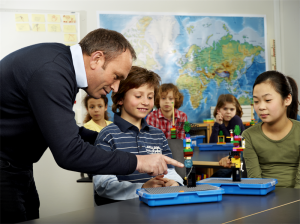 Children just love toys. Toys form a critical part of fun for children, as they enable them to engage their senses, spark their imagination, and encourages them to interact with others. As a result, buying your children different toys to play with, including educational toys may make a delightful difference. This is because the toys will help your children to learn, and at the same time have fun.
Children just love toys. Toys form a critical part of fun for children, as they enable them to engage their senses, spark their imagination, and encourages them to interact with others. As a result, buying your children different toys to play with, including educational toys may make a delightful difference. This is because the toys will help your children to learn, and at the same time have fun.
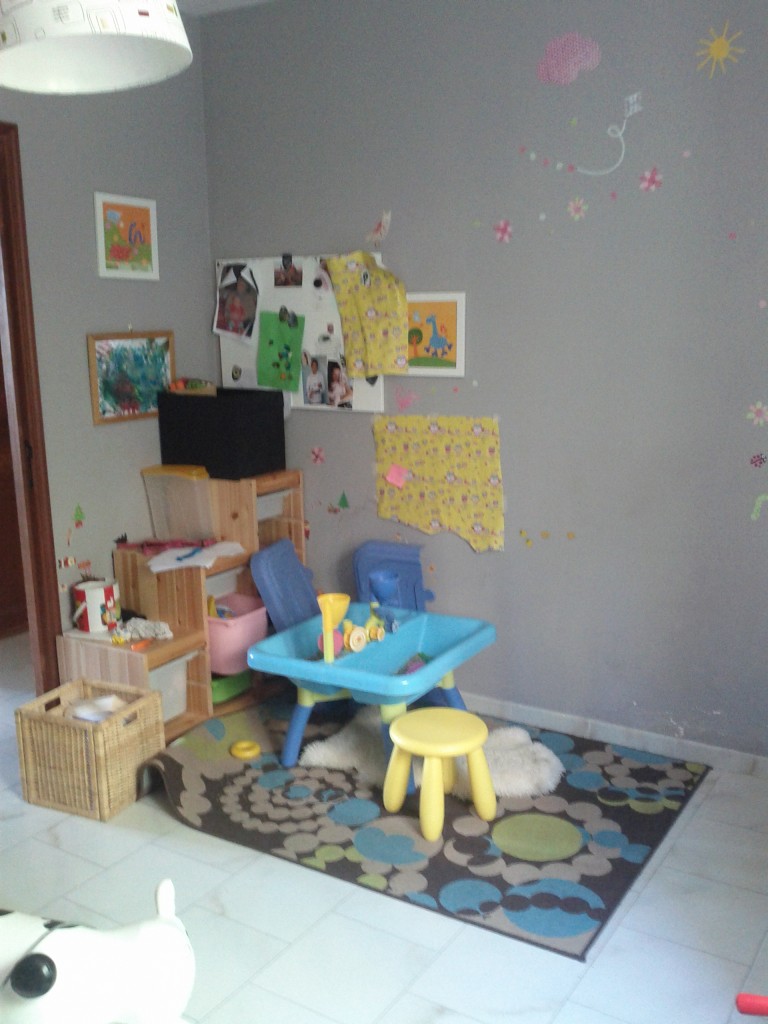
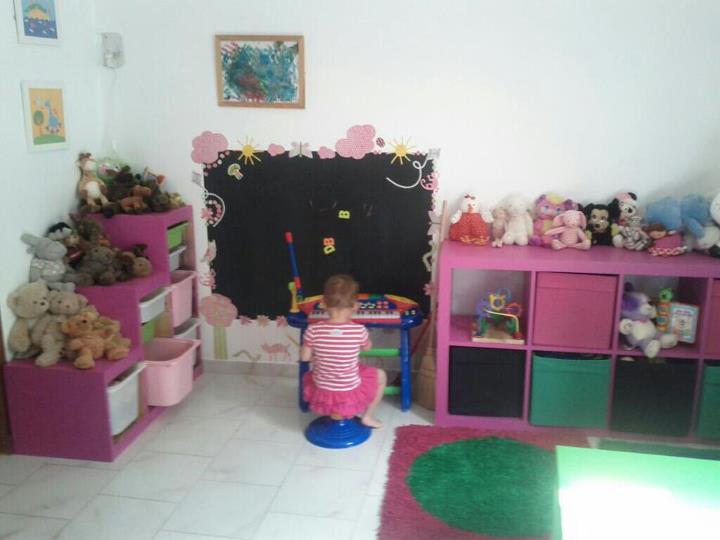
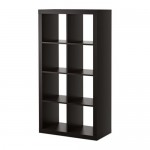 We’ve had this bookcase for years – it was all scratched and was gathering dust in the corner – flip it on it’s side and suddenly you have a toddler friendly shelving unit that’s perfect for fabric boxes (available in IKEA) which were less than €3/$4) each and very cute colours! The only issue was the colour of the scratched bookcase – it was too dark.
We’ve had this bookcase for years – it was all scratched and was gathering dust in the corner – flip it on it’s side and suddenly you have a toddler friendly shelving unit that’s perfect for fabric boxes (available in IKEA) which were less than €3/$4) each and very cute colours! The only issue was the colour of the scratched bookcase – it was too dark.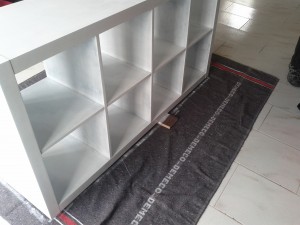 STEP 3– Paint on any paint colour you desire! I chose hot pink for BiP!
STEP 3– Paint on any paint colour you desire! I chose hot pink for BiP!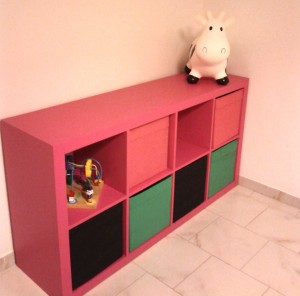
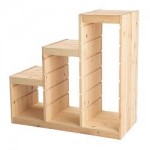 Repainting the IKEA TROFAST Storage unit
Repainting the IKEA TROFAST Storage unit
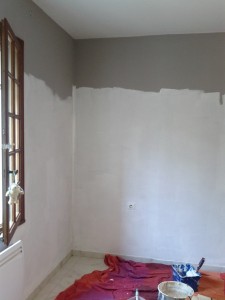
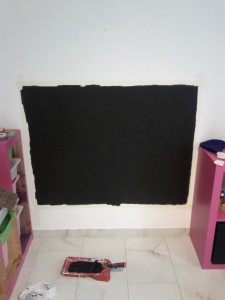
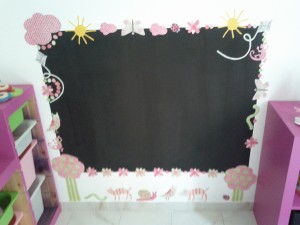
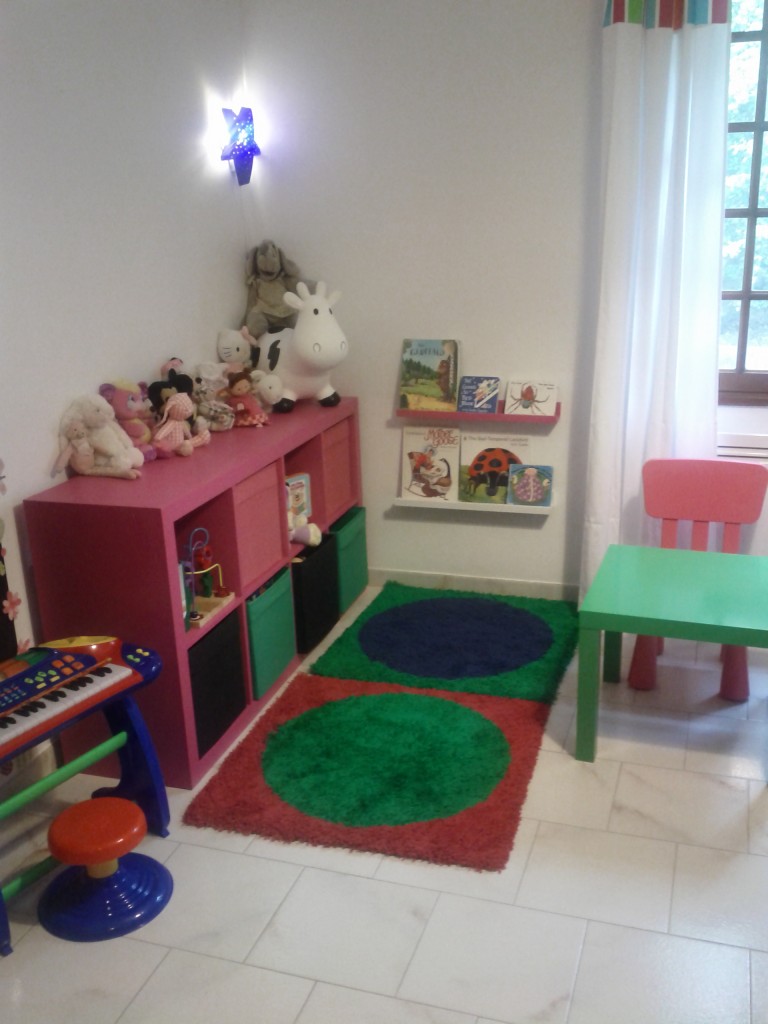
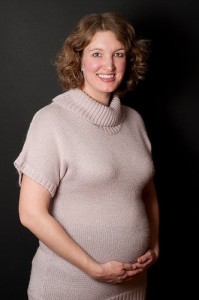 Tell me a bit about yourself? Where are you from? How old are your children and where did you have them?
Tell me a bit about yourself? Where are you from? How old are your children and where did you have them?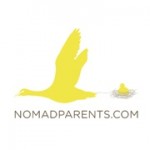
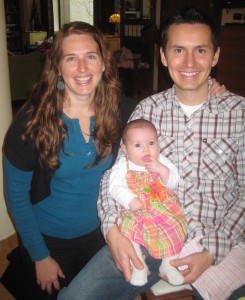 Tell me a bit about yourself? Where are you from? How old are your children and where did you have them?
Tell me a bit about yourself? Where are you from? How old are your children and where did you have them?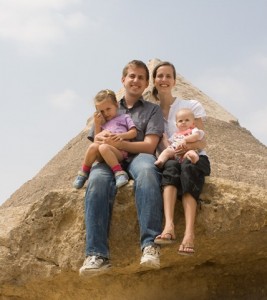 Tell me a bit about yourself? Where are you from? How old are your children and where did you have them?
Tell me a bit about yourself? Where are you from? How old are your children and where did you have them?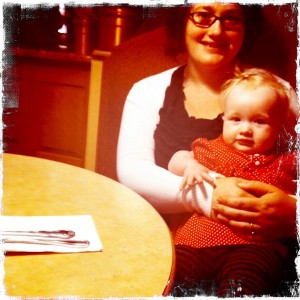 Tell me a bit about yourself? Where are you from? How old are your children and where did you have them?
Tell me a bit about yourself? Where are you from? How old are your children and where did you have them?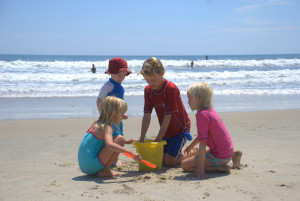 During the summer months, it’s important to be vigilant when it comes to staying safe in the summer sun, and this year in particular as it’s been a scorcher. Having small children, especially, should make you extra concerned as
During the summer months, it’s important to be vigilant when it comes to staying safe in the summer sun, and this year in particular as it’s been a scorcher. Having small children, especially, should make you extra concerned as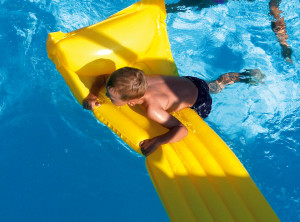 As parents, we must be attentive when it comes to arming ourselves with sunscreen when we are outdoors with our children, and not just on extremely sunny days. Remember to reapply often, especially if your children go for a swim or are actively playing, as sunscreen lotions often wear off in water or when you sweat, and although there are a number of waterproof sunscreen products available, waterproof and water-resistant sunscreen should still be applied as much as those that aren’t. Naturally, you should mind the SPF, UVA, and UVB protection levels –make sure the sunscreen you use has at least SPF 15 and UVA and UVB protection. New mums should pay special attention to the directions on the label of all sun care products you intend to use on babies six months and under because some ingredients in these products can cause a bad reaction on your child’s skin. If you are unsure about what sunscreen is chemically safe to use on your children, consult with their pediatrician.
As parents, we must be attentive when it comes to arming ourselves with sunscreen when we are outdoors with our children, and not just on extremely sunny days. Remember to reapply often, especially if your children go for a swim or are actively playing, as sunscreen lotions often wear off in water or when you sweat, and although there are a number of waterproof sunscreen products available, waterproof and water-resistant sunscreen should still be applied as much as those that aren’t. Naturally, you should mind the SPF, UVA, and UVB protection levels –make sure the sunscreen you use has at least SPF 15 and UVA and UVB protection. New mums should pay special attention to the directions on the label of all sun care products you intend to use on babies six months and under because some ingredients in these products can cause a bad reaction on your child’s skin. If you are unsure about what sunscreen is chemically safe to use on your children, consult with their pediatrician.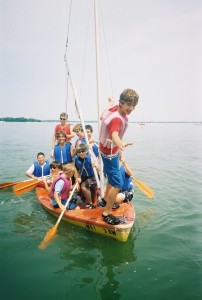 Dressing your children properly for sunny days is key to ensuring your children’s protection from getting burned by the sun and keeping them safe from its UV rays. Along with sunscreen, outfit your children in tops, long shorts, or beach dresses, all available from a variety of children’s retailers, including
Dressing your children properly for sunny days is key to ensuring your children’s protection from getting burned by the sun and keeping them safe from its UV rays. Along with sunscreen, outfit your children in tops, long shorts, or beach dresses, all available from a variety of children’s retailers, including  Tell me a bit about yourself? Where are you from? How old is your daughter and where did you have her?
Tell me a bit about yourself? Where are you from? How old is your daughter and where did you have her? Paleo Pancakes don’t sound very French but pancakes are very popular here!
Paleo Pancakes don’t sound very French but pancakes are very popular here! BiP just celebrated her 2nd birthday.
BiP just celebrated her 2nd birthday.